Tips for cutting down or stopping your drug use
Addressing your drug use can help you to be happier, safer and healthier. Here are some steps you can take.
Signs that your drug use might be causing some issues
This brief checklist can help you decide if your substance use is becoming problematic, for yourself - or for others.
- I feel the need to use before doing everyday things.
- I am getting into trouble with school or the police.
- It is causing arguments at home.
- I am less interested in things than I used to be.
- I have noticed health effects from my use.
- Others have noticed a change in my behaviour and are worried about me.
- I often take multiple substances at the same time (including alcohol). This is called polysubstance use and it comes with extra risk.
Any drug use has the potential to become a problem, not just for you as the user, but for those around you – your family, friends and others. This is true whether it’s cocaine, prescription painkillers or cannabis.
You don’t have to be taking drugs every day for it to be an issue, either. Dependence on a drug can be physical, psychological or both.
You might have noticed that you can’t do everyday things without using first, or maybe you have experienced some kind of withdrawal when you’re not using.
Other people might have seen a change in your behaviour, or you might have started taking risks that put your health or safety in danger.
Whatever the reason, change is possible with the right support.
Find your local support service.
Things to think about before you start
As a first step, understanding more about the drugs you are taking and your reasons for using can be really helpful, even if you’re not ready to make any changes yet.
If you’re thinking of taking steps to stop taking drugs or cut down, don’t be afraid to reach out for help. It’s much easier to make positive changes when you’ve got help and support from other people.
You could:
- Speak to your doctor or GP about your worries. They’ll be able to give you advice and useful information.
- If you can, talk to family and trusted friends about your drug use. Asking for help can be difficult, but opening up when you feel safe to do so can make a huge difference and make you feel better about starting to make positive changes, especially in the first few weeks.
- Reach out to your local drug support service.
- Join a peer support group, like Narcotics Anonymous or Cocaine Anonymous.
If you are dependent on a substance (meaning you get withdrawal symptoms if you stop using), please speak to a professional before stopping using suddenly. This means you will be able to carefully manage any withdrawal symptoms.
Learn about drug treatment options
How you can start to reduce or quit taking drugs
Once you’ve made your decision, try these steps to address your drug use:
- Keep a drug diary. Make a note of when you use, what you take and how much. It’s also worth including where you were, who you were with and what you’d been doing just before.
- See if you can spot any patterns in your diary. You might always use around particular people or after heavy drinking, for example.
- If you can figure out the people, places and things that trigger your drug use, you can begin to make a plan. You might want to cut some triggers out entirely, or avoid any combinations that give you cravings.
- Gradual reduction is often the best way to quit. Going cold turkey (stopping suddenly) can work in some cases, but it’s important to avoid this approach and speak to a professional if you think you may be dependent on alcohol, benzodiazepines (such as Xanax, Valium) or opioids. This is because the withdrawal symptoms can be uncomfortable, and sometimes dangerous.
- Be kind to yourself and celebrate each step towards your goal, no matter how small. Don’t feel guilty about any setbacks, either. It's a process and every challenge is an opportunity to learn more about yourself.
- If you start having cravings, distract yourself for a few minutes. Using the ‘urge surfing’ technique can be helpful for getting through cravings.
- Mindfulness or meditation apps and videos like this one are good distractions.
- Have a look at the NHS’s five steps to mental wellbeing. They could help you to feel calmer and more relaxed when you find yourself craving drugs.
Always remember that you’re not alone. There’s lots of support online and other people who are in a similar position to you. Take a look at the links below for more support.
Get help, advice and support
Useful websites and apps
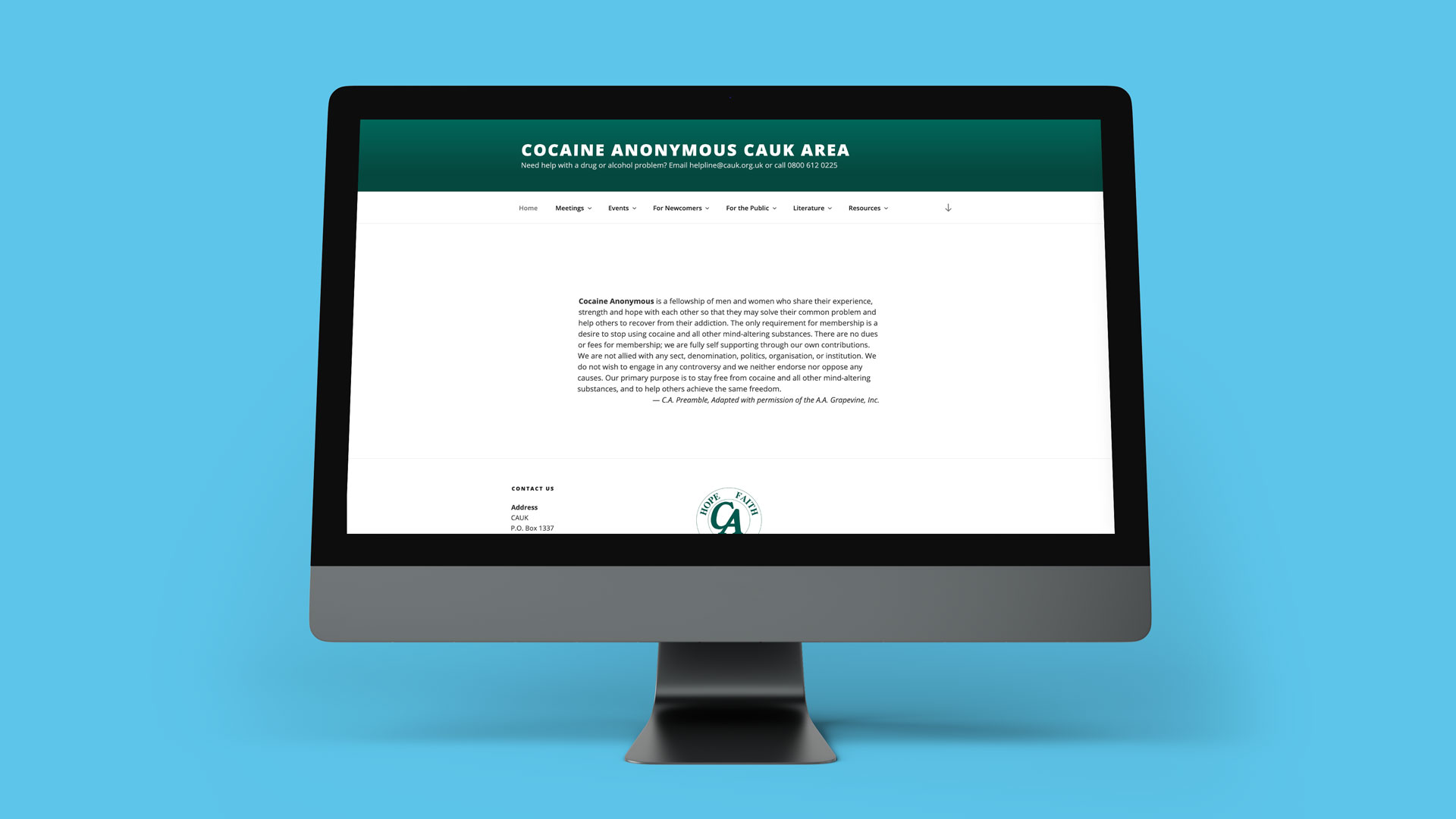
Cocaine Anonymous
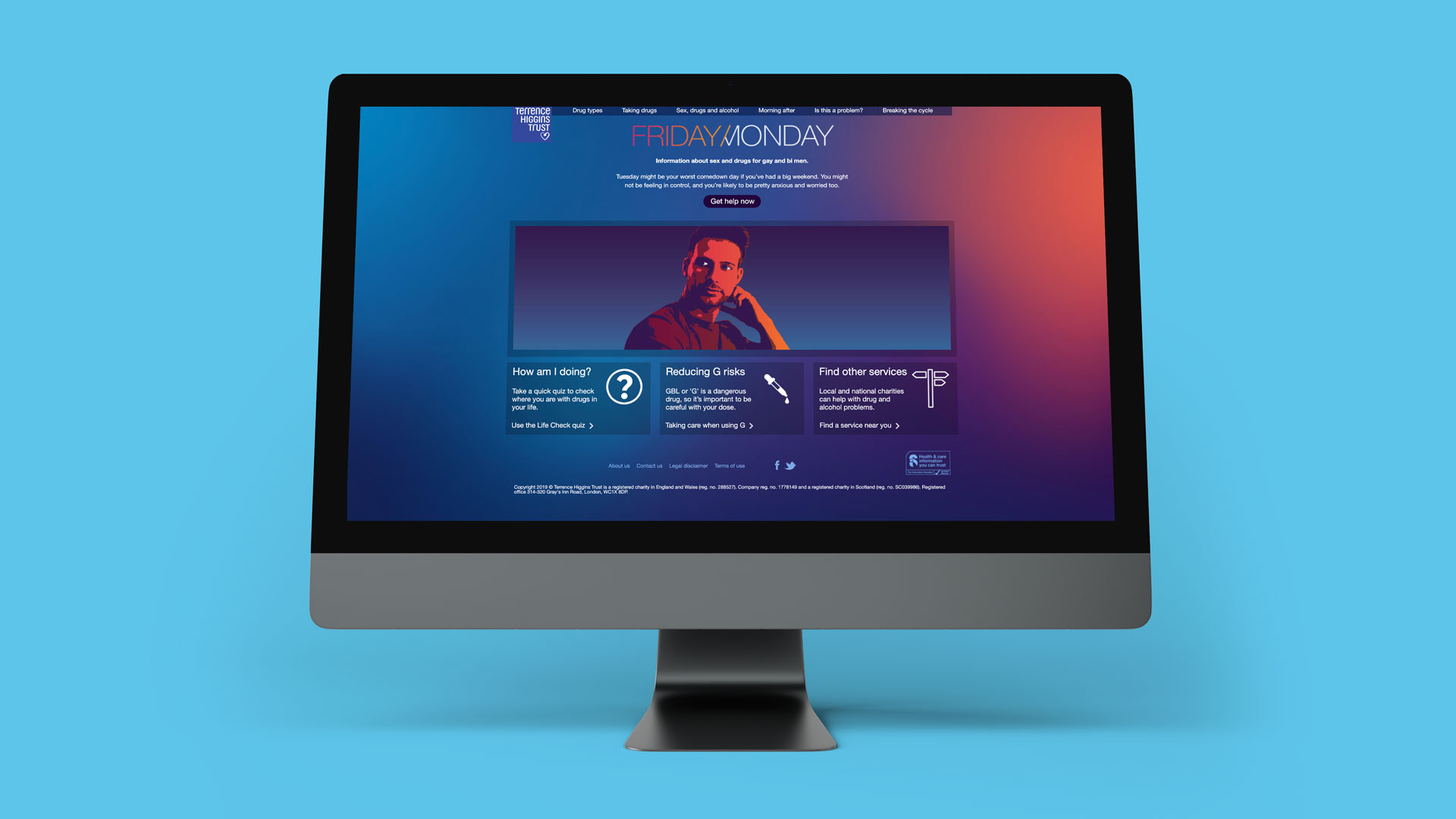
THT Chemsex

Release
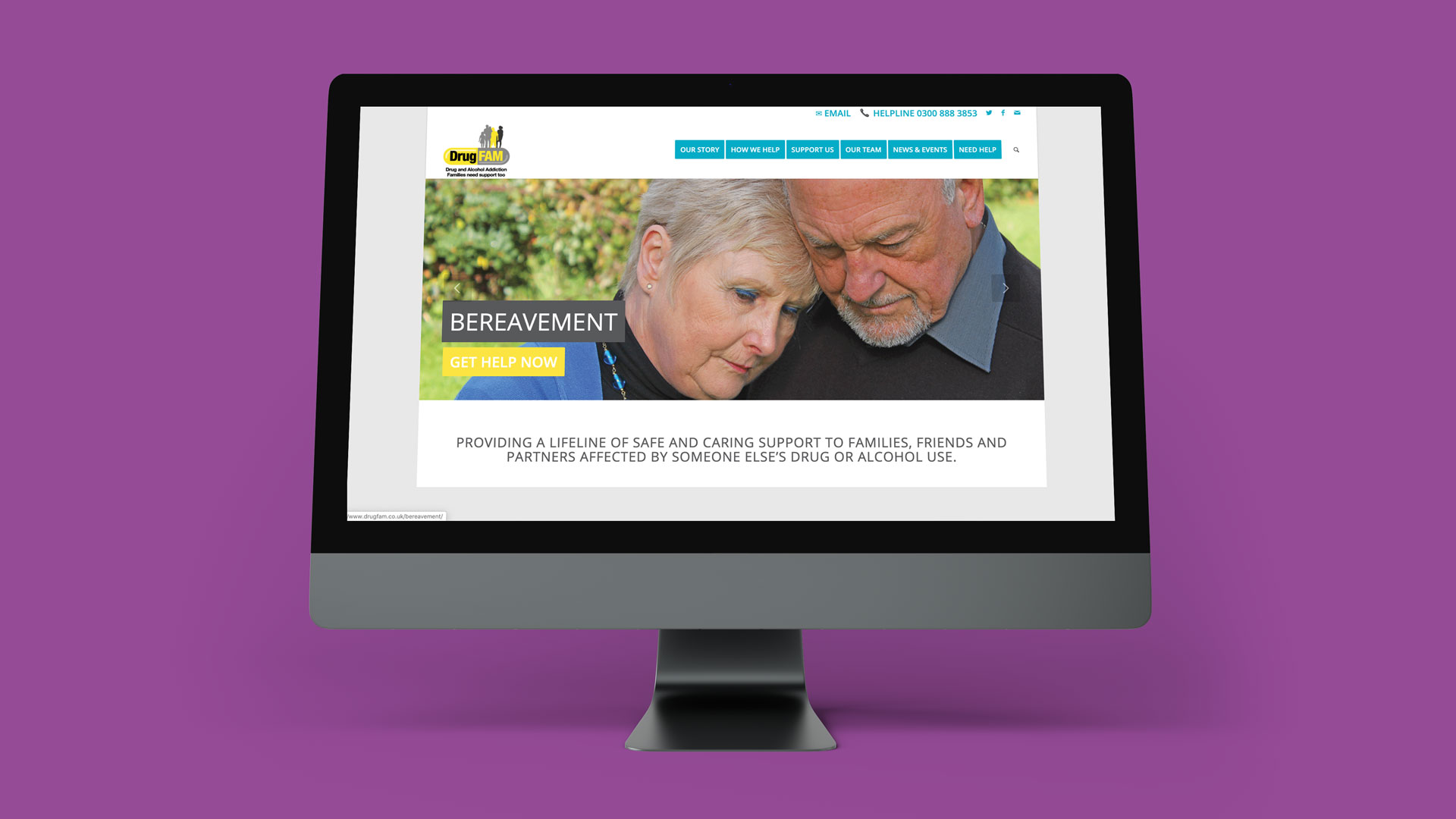
Addiction Family Support

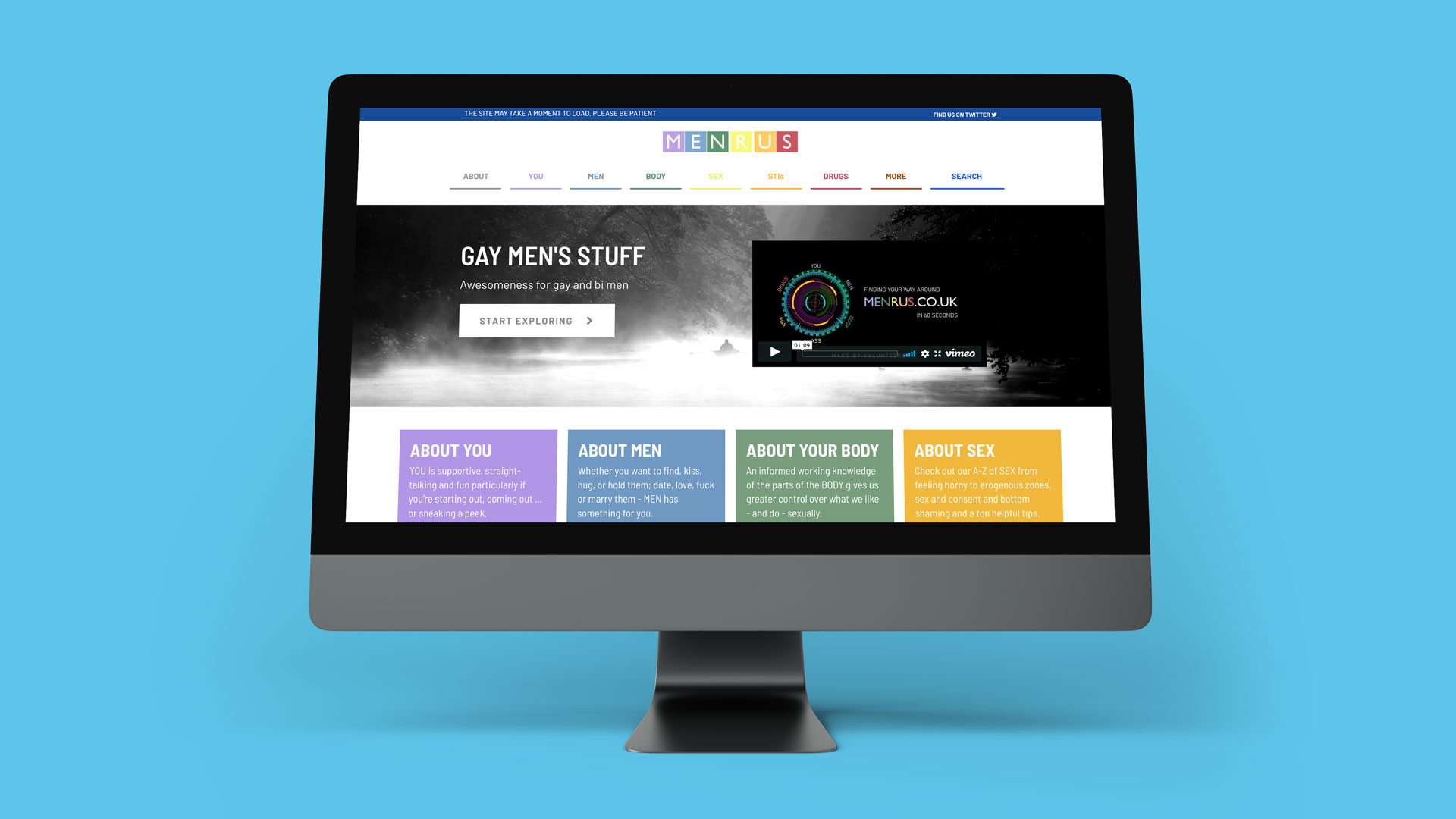
MEN R US
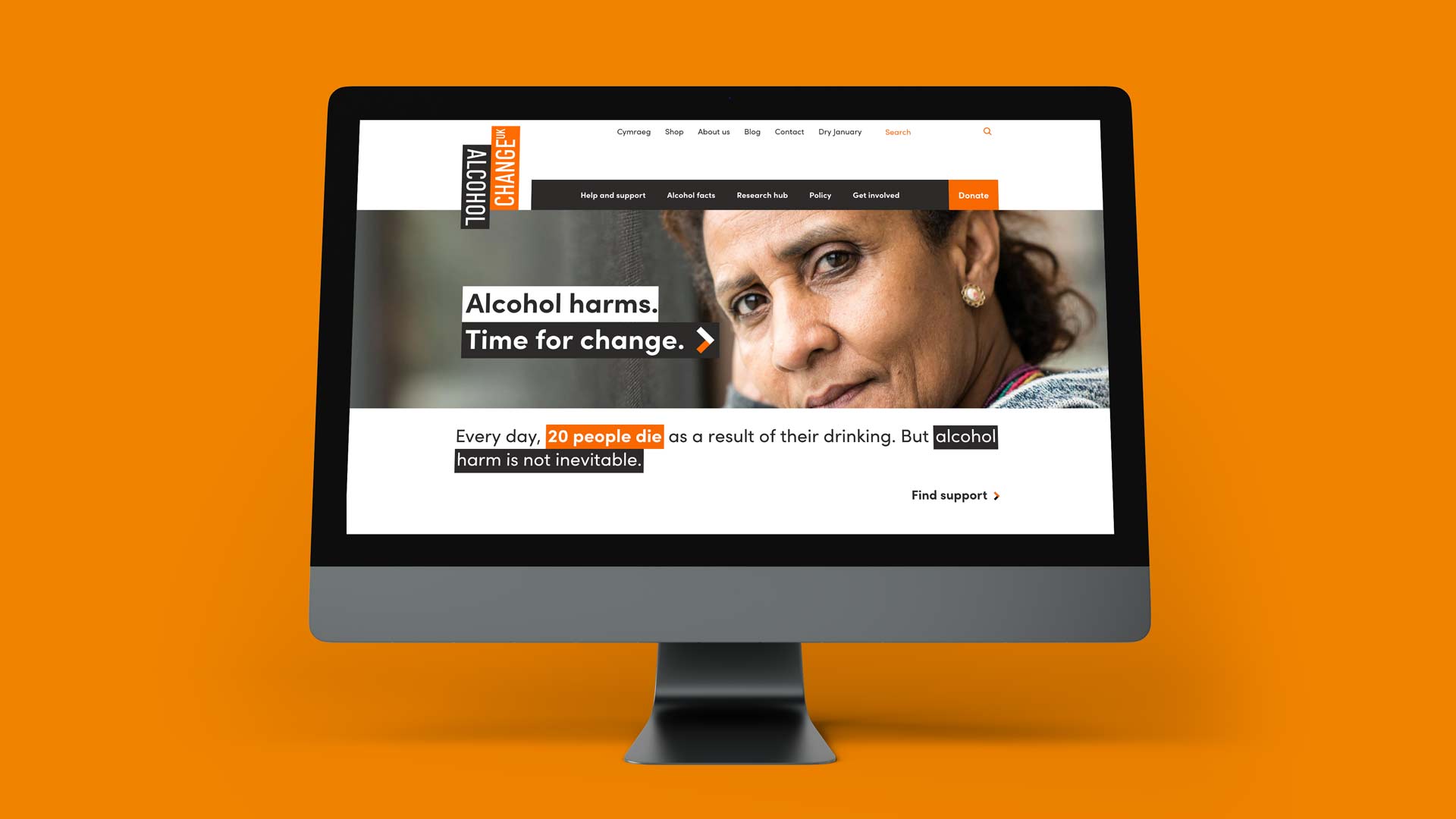
Alcohol Change UK
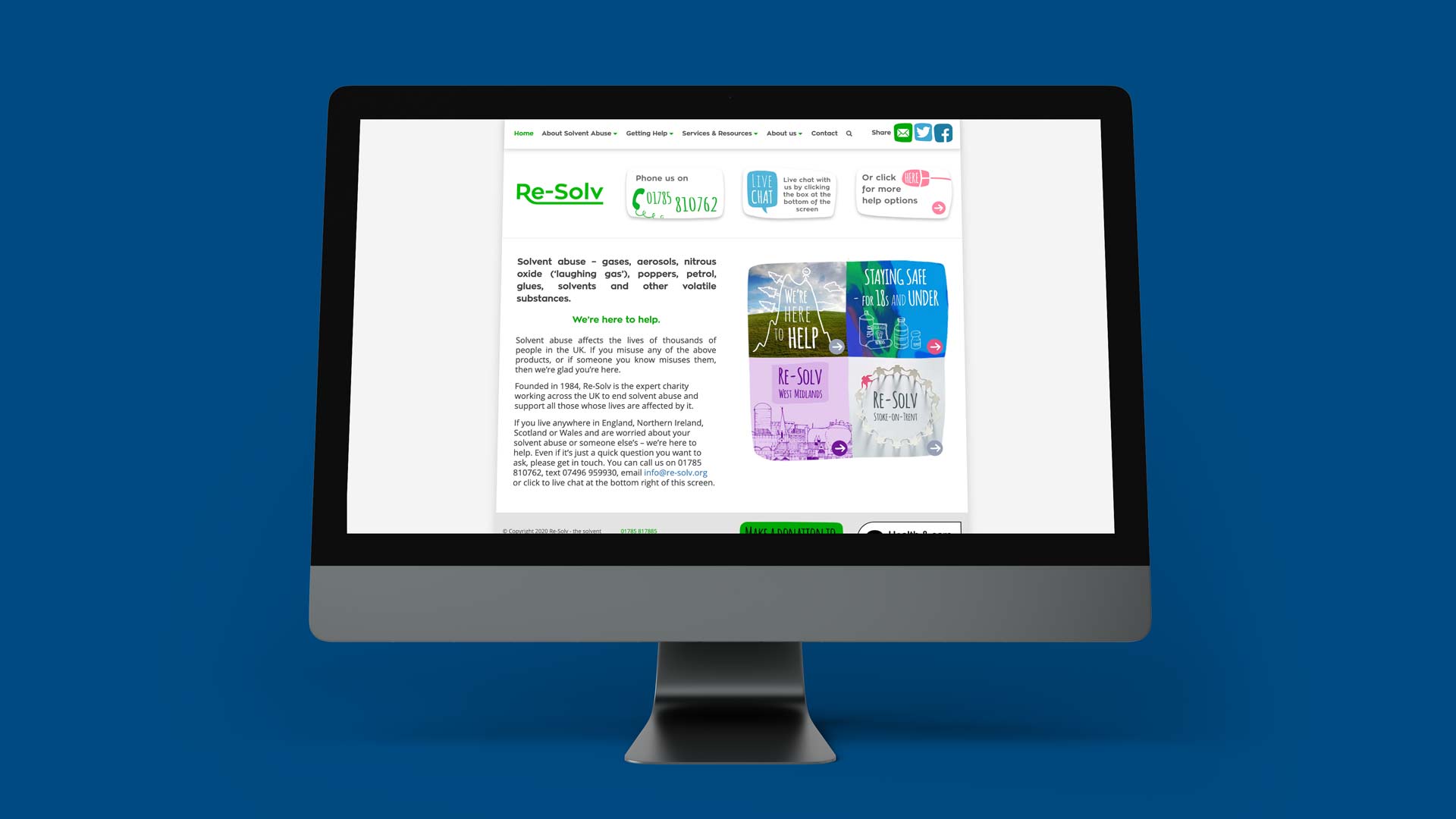
Re-Solv
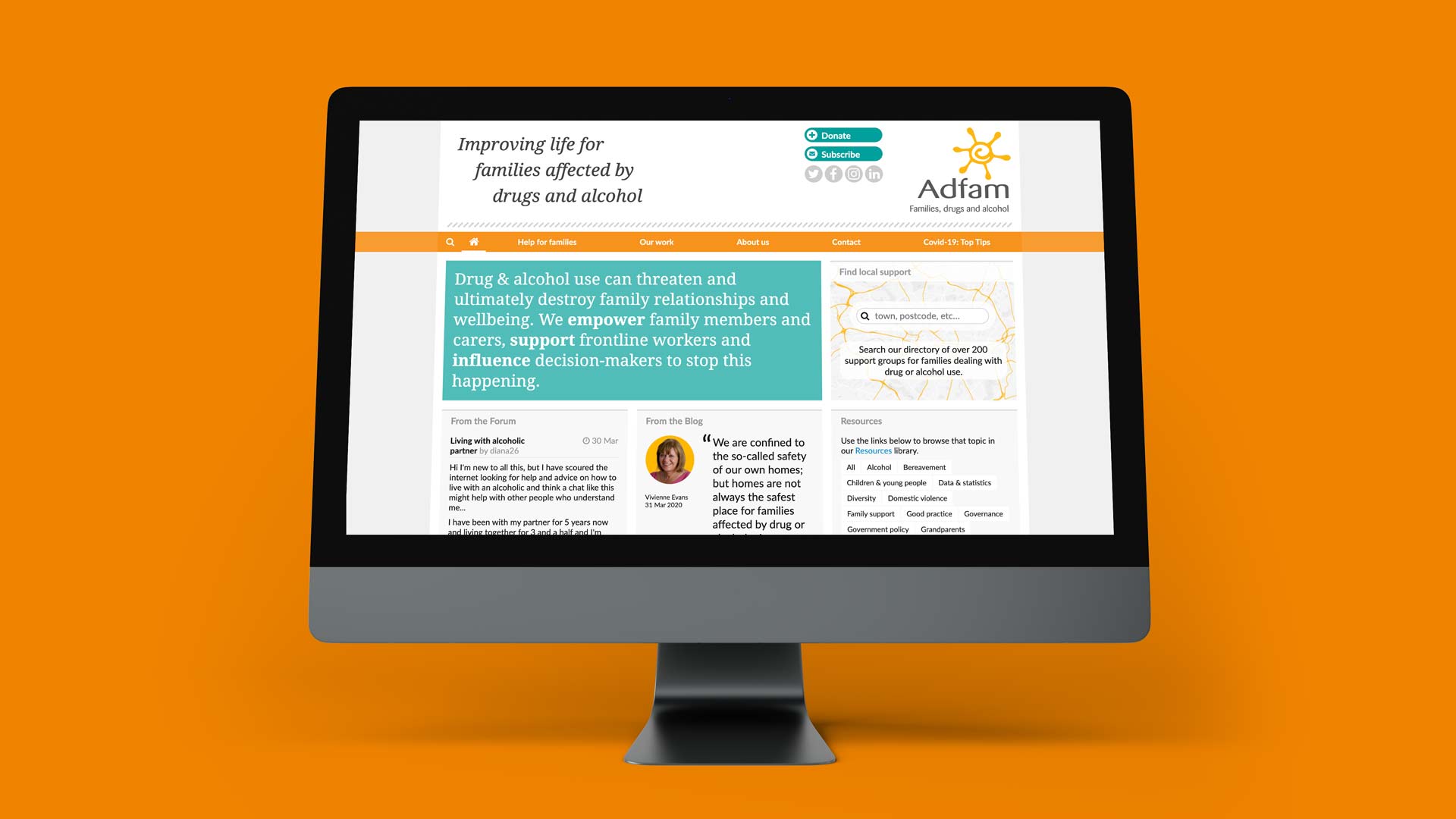
Adfam
The apps above are produced and owned by third parties. We make no guarantees that the information within them is accurate or up to date. Please get professional healthcare advice before taking any action.
